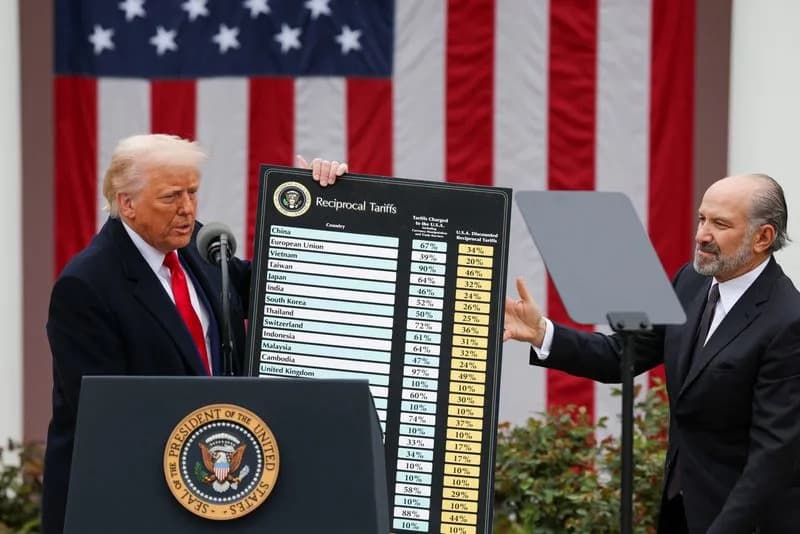Trump moves to ease grocery prices with targeted tariff exemptions
On Nov. 14, President Donald Trump signed an executive order exempting a wide range of agricultural products from the reciprocal tariffs he imposed earlier this year. The exemptions cover items such as beef, coffee, chocolate, bananas, tomatoes, oranges, tea, tropical fruits and fruit juices, spices and certain fertilizers, according to a White House fact sheet.
The White House framed the move as a targeted effort to relieve pressure on household grocery bills after food-price concerns featured prominently in recent elections. Officials said the action is intended to lower prices at the checkout while preserving the broader reciprocal-tariff framework that the administration uses as leverage in trade negotiations.
Kush Desai, White House spokesman: “The Trump administration is committed to pursuing a nimble, nuanced, and multi-faceted strategy on trade and tariffs.”
Economists and critics have argued that the sweeping tariffs imposed on April 2 — including a 10% base tariff on imports from every country plus additional, country-specific duties — have contributed to higher consumer prices. Data from the U.S. Bureau of Labor Statistics shows grocery prices rose 0.6% from July to August, the fastest monthly increase for food at home since October 2022; overall inflation was 3.0% in September.
The Nov. 14 order follows framework agreements announced on Nov. 13 that would remove tariffs on certain foods and other goods imported from Argentina, Ecuador, Guatemala and El Salvador once finalized. U.S. officials said they are pursuing additional deals they hope to sign before the end of the year to expand tariff-free food imports.
In public remarks, President Trump emphasized affordability as a priority and sought to attribute recent price pressures to prior policies. He has also floated other measures aimed at easing financial strains for households, including proposals such as a 50-year mortgage plan and a $2,000 "tariff dividend" check.
Political context: The timing came after Democrats secured notable victories in recent state and local contests — including governorships in New Jersey and Virginia and the New York City mayoralty — where cost-of-living concerns were central campaign themes.
Contributing: Betty Lin-Fisher, Reuters





























